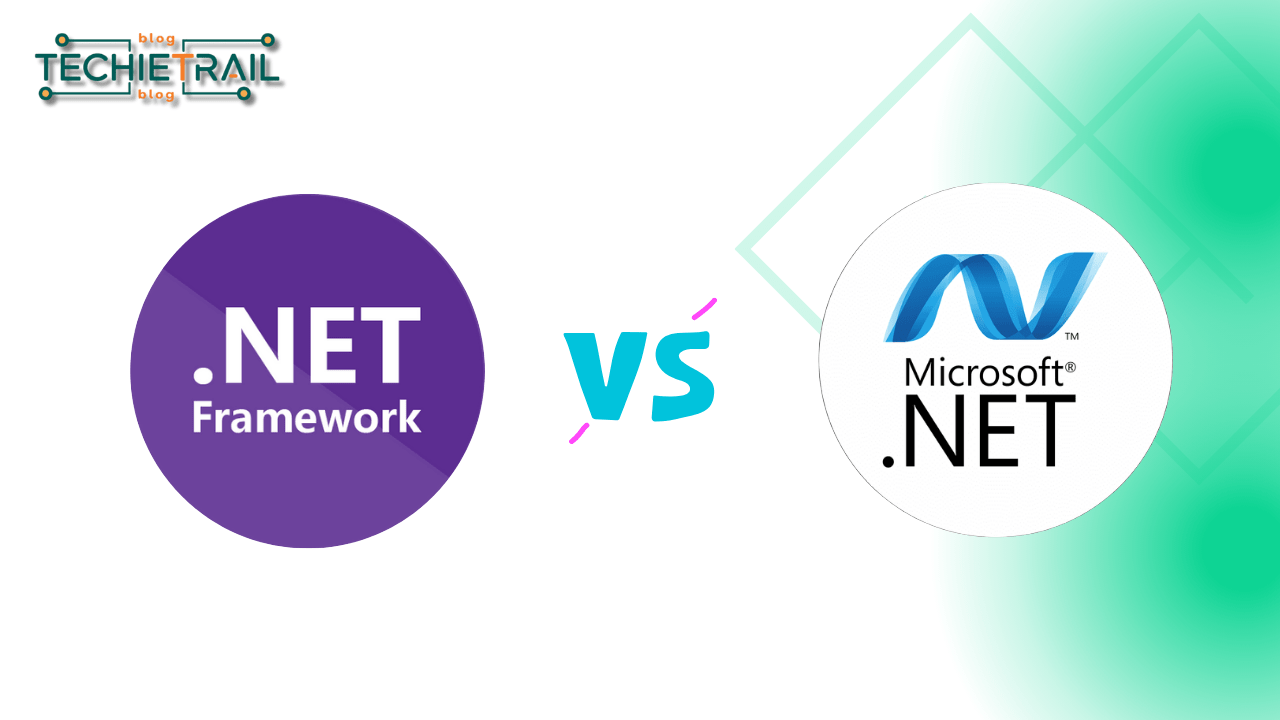Table of Contents
Introduction
In the ever-evolving world of software development, choosing the right framework is crucial for building high-performance, scalable, and secure applications. Among the many options available, .NET Core has emerged as a leading framework, favoured by developers worldwide. This article explores the top .NET Core features that make it a powerful and versatile tool for modern application development.
For developing high-performance, scalable and secure applications choosing the right framework is very important in this ever-changing world of software development. They’re out there — right now, among the various brands and models on sale, Whereas .NET Core has become a dominant force in the world of developers globally. The following post is an in-depth review of the best “Leftover” ideas to take a stab at. Those are complemented by .NET Core features that create a robust multipurpose tool in the modern application development arsenal.
Open-Source Framework
Overview:
.NET Core is an open-source framework, a key feature that sets it apart from many other development environments. Being open-source offers developers numerous advantages, from community collaboration to transparency, making it a preferred choice for both individual developers and large enterprises.
Key Benefits of Open-Source:
- Community Collaboration:
The open-source feature embedded in the .NET Core framework enables a vast pool of developers around the world to contribute their resources to the framework’s code. This type of effort is beneficial as it results in continuous development, correction of bugs, and addition of more functionalities. With a large segment in the code base being developed in response to the needs of the community, it is assured that .NET Core will be updated in line with changes happening in the industry whenever they. - Transparency:
The fact that the source code of the .net framework is available to the developers enhances their understanding of the accretive technology build processes. The mulling over increased amalgamation of system components within an application is helpful for application developers aimed at developing a different application.
Rapid Innovation:
Because of the contribution of the community worldwide, .NET Core is also ever growing and changing. There is a constant stream of new capabilities, new tools and new libraries coming out which puts these frameworks on the latest technologies. These technologies can be therefore exploited by the developers to build awesome Apps.
Cross-Platform Support
Overview:
Foreground among the numerous attractive features of .NET core is its ability to support multiple operating systems. While the previous version known as the .NET Framework was almost limited to Windows environments for development, .NET Core allows software engineering practitioners to create and run applications across multiple platforms such as Windows, macOS, and Linux.
Advantages of Cross-Platform Support:
- Versatility:
Because .NET Core runs on several platforms, developers can reach a wider audience without requiring them to change their code on other OSs. This flexibility in targeting users is particularly advantageous to the businesses who want to address customers through several devices. - Unified Development Experience:
The advent of .NET Core has brought forth an opportunity for developers to build applications that can operate on different platforms using only one codebase. This morphed approach helps to save the total time spent on development and maintenance tasks, which helps to reduce the time to market and provides a homogeneous experience for the users across the platforms. - Cost-Effective:
Cross-platform support avoids the need for various development teams who are proficient in specific operating systems. One team can handle the whole lifecycle of the application which cuts down the extra expenses and helps in better interaction.
Increased Security
Overview:
Security is a critical consideration in modern software development, and .NET Core excels in this area. Microsoft has implemented various security features to ensure that applications built with .NET Core are secure and resilient against potential threats.
Security Features in .NET Core:
- Built-In Authentication and Authorization:
.NET Core provides robust security mechanisms, including built-in authentication and authorization. These features support various authentication protocols like OAuth, OpenID Connect, and JWT, making it easier for developers to implement secure user authentication in their applications. - Data Protection:
The Data Protection API in .NET Core helps safeguard sensitive information, such as cookies, passwords, and personal data, by encrypting them. This feature ensures that data is protected both at rest and in transit, reducing the risk of data breaches.
Regular Security Updates:
Being actively maintained by Microsoft, .NET Core receives regular security updates. These updates address known vulnerabilities and enhance the framework’s resilience against emerging threats, providing peace of mind for developers and end-users alike.
Dependency Injection
Overview:
Dependency Injection (DI) is a design pattern that plays a significant role in creating loosely coupled, maintainable, and testable code. .NET Core has built-in support for dependency injection, making it a core feature that developers frequently leverage.
Benefits of Dependency Injection in .NET Core:
- Improved Code Maintainability:
By injecting dependencies rather than hardcoding them, developers can write code that is easier to maintain and modify. This flexibility is crucial for large applications that need frequent updates or changes. - Enhanced Testability:
Dependency injection allows for better unit testing by enabling developers to mock dependencies during testing. This approach leads to more reliable and bug-free code, as components can be tested in isolation. - Reduced Code Complexity:
DI helps reduce the overall complexity of code by promoting the separation of concerns. Each component focuses on a specific responsibility, making the codebase easier to understand, maintain, and extend.
Self-Hosted Web Applications
Overview:
Another key .NET Core feature is its ability to create self-hosted web applications. This feature offers developers greater control over the hosting environment and is particularly useful for microservices and containerized applications.
Advantages of Self-Hosted Web Applications:
- Greater Control:
Self-hosting allows developers to run web applications without relying on an external web server like IIS. This control is essential for fine-tuning performance, security, and scalability according to the specific needs of the application. - Simplified Deployment:
Self-hosted applications can be easily deployed in containers, making them ideal for microservices architectures. This approach simplifies the deployment process, allowing for seamless scaling and management in distributed environments. - Optimized Performance:
By eliminating the overhead associated with traditional web servers, self-hosted applications often perform better. Developers can optimize the hosting environment to meet the specific demands of their applications, leading to faster response times and better resource utilization.
High Performance
Overview:
Performance is a critical factor in application development, and .NET Core delivers exceptional performance, making it suitable for high-traffic applications and demanding workloads.
Performance-Enhancing Features in .NET Core:
- Asynchronous Programming:
.NET Core supports asynchronous programming models, which are essential for building high-performance applications. Asynchronous methods help prevent bottlenecks and ensure that applications remain responsive, even under heavy load. - Optimized Memory Management:
.NET Core’s memory management features, such as garbage collection, have been fine-tuned for performance. These optimizations reduce the likelihood of memory leaks and ensure that applications run smoothly over time.
Native Interoperability:
The framework’s ability to interact with native code enables developers to leverage the performance of native libraries. This feature is particularly useful for CPU-intensive tasks, such as graphics processing or real-time analytics, where performance is critical.
Conclusion
.NET Core’s rich feature set makes it an ideal choice for modern application development. Its open-source nature, cross-platform support, robust security features, built-in dependency injection, self-hosting capabilities, and high performance collectively contribute to its popularity among developers. By understanding and leveraging these .NET Core features, developers can build scalable, secure, and high-performance applications that meet the demands of today’s digital landscape.
Remember, staying updated with the latest features and best practices in .NET Core is essential for maximizing its potential and ensuring your applications remain at the forefront of technology.
You can also read Middleware components in .NET Core.
I hope you found this article beneficial for you. Happy codding.






